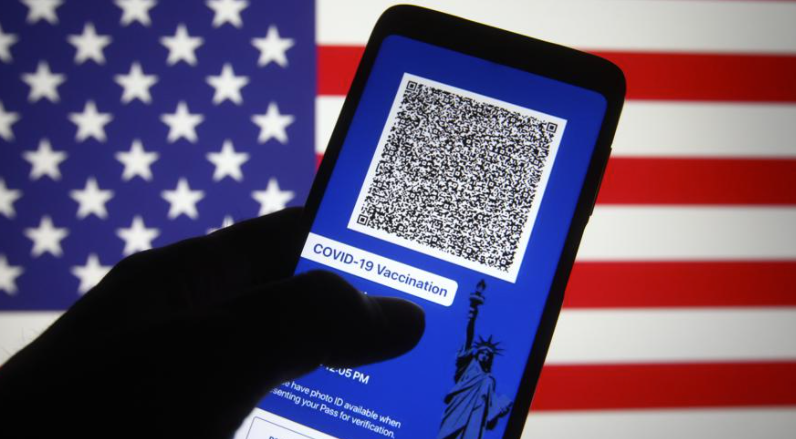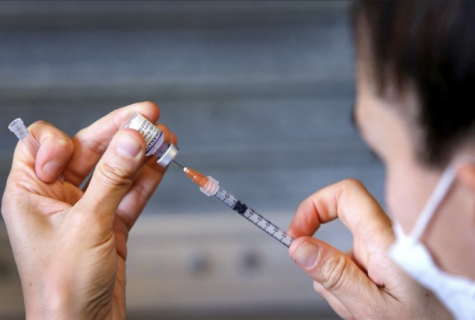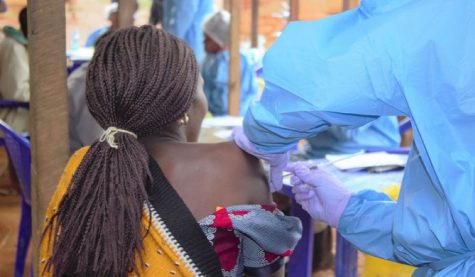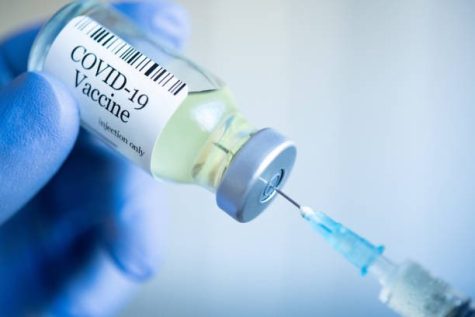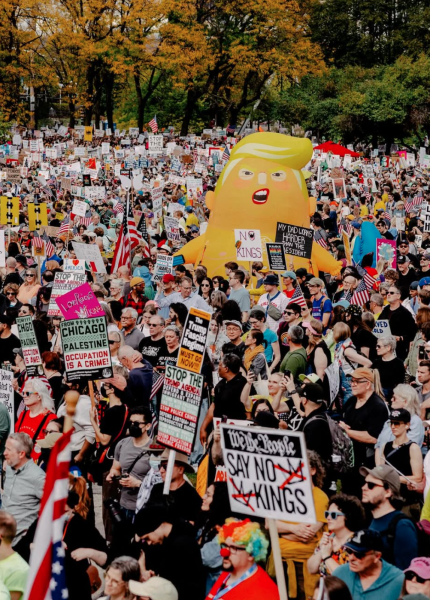Vaccine Passports: Tools for Herd Immunity
On Dec. 8, 2020, the first coronavirus vaccine was administered to 90-year-old Margaret Keenan in the United Kingdom. Since then, over 180 million people worldwide have been fully vaccinated against the virus, and over 400 million have received at least one dose of a vaccine. As vaccines become increasingly available, several states and organizations are pushing to require proof of inoculation in order to travel and participate in public events. Widespread requirements of such documentation often referred to as “vaccine passports,” will be beneficial in bringing life back to “normal” as long as the systems are regulated to protect individuals’ privacy and the rights of those who are unable to receive the vaccine.
Technically, vaccine passports have been around for quite a while; however, they have been used on a very small scale. In the past, proof of inoculation was documented on physical cards and was used primarily by travelers. Given the severity and impact of the COVID-19 pandemic, it would be in everyone’s best interest to implement the use of vaccine passports for more than just travel and to convert this documentation to a digital system.
Requiring proof of inoculation to gain entry to public places and events will not only allow us to forego some of the current COVID-19 safety precautions, but it will also be instrumental in limiting the spread of the virus by ensuring immunity of those in attendance. Since paper documentation is vulnerable to being forged, lost, destroyed or stolen, electronic records that can be accessed on mobile devices would be much more reliable. Such a system can be expanded and updated as needed — an extremely beneficial feature in the case of a virus as unpredictable as COVID-19, which is constantly evolving and may require new vaccinations. It is also still unclear how long inoculation lasts, and if people need to be vaccinated repeatedly, the proof will need to be easily and reliably updated.
In order to capitalize on the benefits digital vaccine passports will provide, it is important to ensure the system is created in a way that is protective of all individuals. The main concern seems to be the potential for invasion of private medical records, which easily can be addressed by creating an app or database independent of all other medical records. This should not be an issue, as medical profiling is certainly not the stated intent of this implementation. It would be a simple logging system that acts solely as a messenger between vaccine providers and the database. According to The New York Times, many technology and health care entities have already come together to “develop a broadly agreed-upon set of open standards … that can adapt easily to other systems while safeguarding privacy.” As long as such standards are universally adopted, the concern for protecting individual privacy should be adequately addressed.
Another concern about the vaccine passports is that such a system would be discriminatory against the small portion of the population that is unable to receive the vaccine for medical reasons such as allergies or recent infection of the virus. Again, a sophisticated system could easily address this concern by providing an exempt status for those who doctors confirm to be ineligible for inoculation. This class of people that are medically advised not to get the vaccine would be so small by proportion that they would not prevent the achievement of “herd immunity.”
Finally, there is an argument that vaccine passports place unfair pressure on those who simply prefer not to be vaccinated. While this may be true, this pressure may very well be necessary. No one is suggesting that people should not have the right to freely choose whether or not to receive a vaccine in a normal world; however, not every vaccine is battling a potentially fatal virus on a global pandemic scale. This vaccine aims to reach herd immunity to eradicate this virus before it can mutate into variants that our vaccinations can no longer prevent. If a large enough portion of the population were to choose not to be vaccinated, this objective would not be attainable.
The requirement of vaccine passports will likely provide an additional incentive for people to receive the vaccine. If executed properly, this system will provide a means to monitor the population’s ongoing vulnerability to this virus and provide a level of comfort and protection that will quickly bring the world back to normalcy.
Aniella Poppo, FCRH ’23, is a business administration major from Armonk, N.Y.



































































































































































































